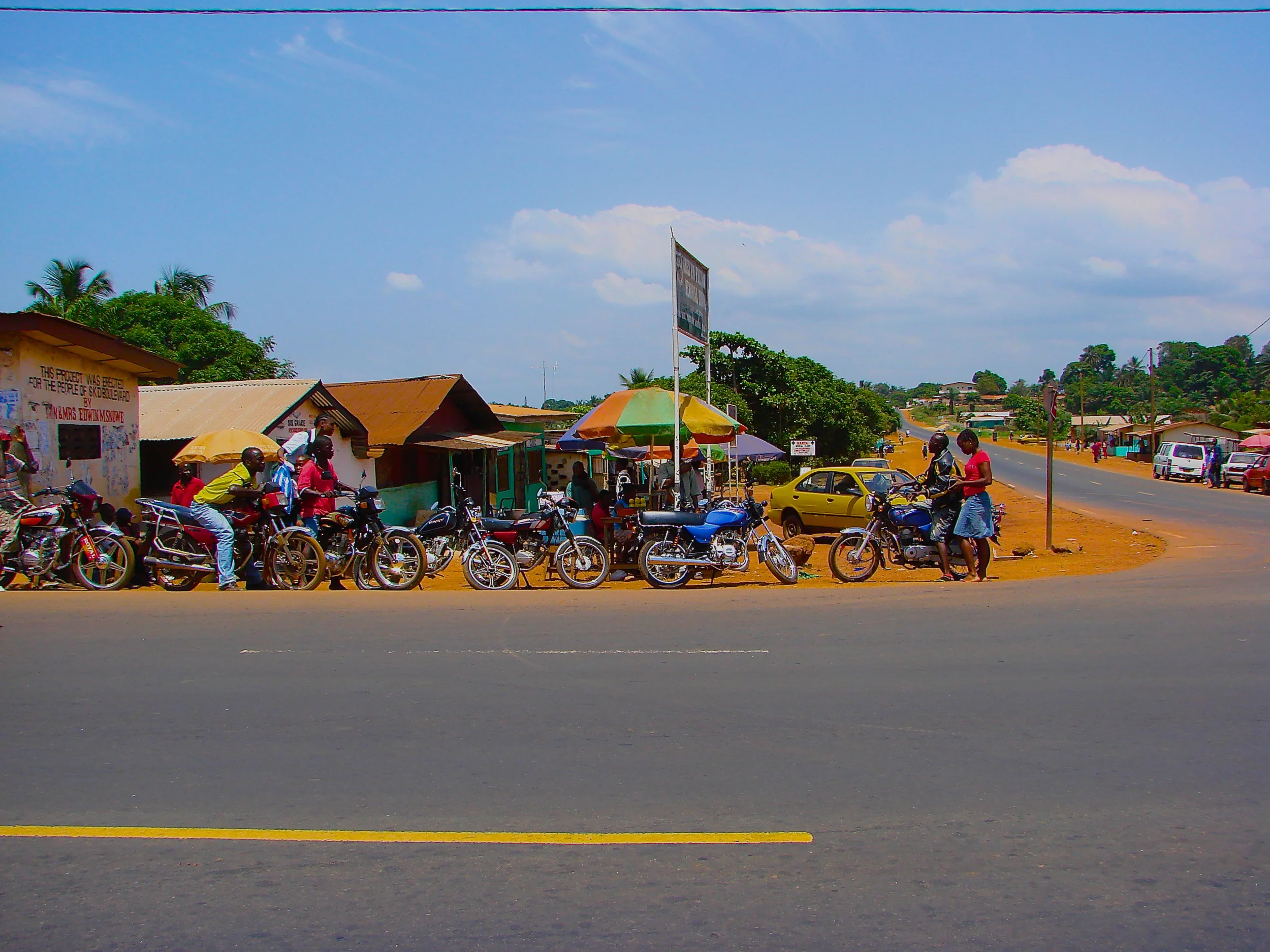Let the Sun Shine on Democracy
/by Desmond Meade, President, Florida Rights Restoration Coalition
The current grassroots effort to restore the ability to vote to over 1.68 million Floridians grew out of Florida’s failure to remove the remaining elements of Jim Crow policies.
Florida has disfranchised more than 1.68 million Floridians. With the distinction of being the worst state in the country as it pertains to restoring civil rights, Florida requires an individual to wait either five or seven years. In addition, Floridians are burdened with an approximately six-year application processing time that virtually extends the time frame to 11 to 13 years. To make matters worse, during the four years prior to the current administration coming into office, the average amount of individuals whose rights were restored slowly trickled to a measly 48,000. And during Florida Governor Rick Scott’s first year, the number of individuals whose rights were restored numbered a paltry 52. Indeed, it comes as no surprise — though it nevertheless should remain a shock to our conscience — that Florida’s disfranchisement policies remain the harshest and most anti-democratic in the country. The projected progress of Virginia, therefore, calls on us to reflect upon the lack of progress in Florida and why automatic rights restoration should be a paramount priority in our “sunshine” state.
While there are many reasons to support automatic civil rights restoration, I want to focus on two. First, civil rights restoration plays a vital role in ensuring successful re-entry back into society by encouraging formerly incarcerated individuals to become healthy citizens who make positive contributions in our communities; in the process, public safety is also greatly enhanced. But don’t take my word for it. In 2013 Virginia’s own Attorney General Ken Cuccinelli echoed the findings of former Florida Governor Jeb Bush’s Re-Entry Task Force in stating that “about 95 percent of those who go to prison come back out into our communities,” and just like the task force recognized, Cuccinelli agrees that civil rights restoration “benefits society as a whole by potentially reducing recidivism.” Florida Parole Commission’s own study revealed that Florida’s recidivism rate was reduced from 33.1 percent to 11.1 percent among those whose civil rights were restored.
Second, automatic civil rights restoration reflects the spiritual basis of redemption and forgiveness, which we should strive to preserve at the core of our humanity and society. Too often our policies are misinformed by knee-jerk condemnations of and callousness toward individuals with prior felony convictions, without considering that individuals — after making mistakes and serving their sentence — can change for the better. The reluctance or inability to adequately factor redemption and forgiveness into policies has unfortunately led to grossly disproportionate punishments by unfairly conferring upon formerly incarcerated individuals a permanent criminal status, a form of stigmatization that degrades not only such individuals but also the communities in which they live and our nation as a whole. Consider for a moment that, in Florida, almost 70 percent of incarcerated individuals were convicted for nonviolent offenses. Consider that, in Florida, our government routinely strips away rights even for offenses such as driving with a suspended license, disturbing the nest eggs of turtles, burning a tire in public, catching a lobster whose tail is too short, and most recently, for releasing heart-shaped helium filled balloons in an attempt to show affection for a loved one.
As a Christian I am reminded of when Jesus was on the cross and the thief asked for forgiveness. Jesus Christ did not tell the thief that he had to wait five or seven years before being able to enter heaven. Jesus Christ said, “This day! you shall enter heaven.” As Christians, we did not have to wait a probationary period before being forgiven. How then can we justify making an American citizen who made a mistake, and serve their time, wait more than a decade before being allowed an opportunity to have the right to vote restored, or a fair opportunity to provide for their family? How can we expect forgiveness for our sins if we are not willing to forgive others? Like former Virginia Governor Bob McDonnell, I too believe that when someone commits a crime they must be punished, but, echoing his expressed sentiments, I also believe that those who have completed the sentence for their crimes “deserve a second chance to fully rejoin society and exercise their civil and constitutional rights.”
The right of an American citizen to exercise arguably the most critical expression of citizenship should not be denied. Nor should the decision on whether an American citizen regains the rights to vote be left in the hands of a select few politicians whose decisions are often arbitrary and motivated by partisan politics and corporate interests. Over a century ago, the Framers of Florida’s Constitution drew a conceptual line in defense of individual rights, saying to arbitrary and autocratic power that, from whatever official quarter it may advance to invade vital rights of American Citizens, “thus far shalt thou come, but no further.” Traylor v. State, 596 So. 2d 957 (Fla. 1992).
Today, the time to draw a definitive line in Florida has come. Automatic rights restoration enhances our public safety, affirms our humanity, and promotes democracy. Standing by disfranchisement, standing on the sidelines, ignoring cries for democracy, and delaying restoration of rights will only serve to further entrench injustice. Instead, let’s stand together on the side of justice and make sure that when the sun shines in Florida it beams democracy on all its citizens.
Follow me on Twitter @DesmondMeade
Desmond Meade is a formerly homeless returning citizen who overcame many obstacles to eventually become the current State Director for Florida Live Free Campaign, President of the Florida Rights Restoration Coalition (FRRC), Chair of Floridians for a Fair Democracy, Chair of the Florida Coalition on Black Civic Participation’s Black Men’s Roundtable, and a graduate of Florida International University College of Law. Full bio >>









